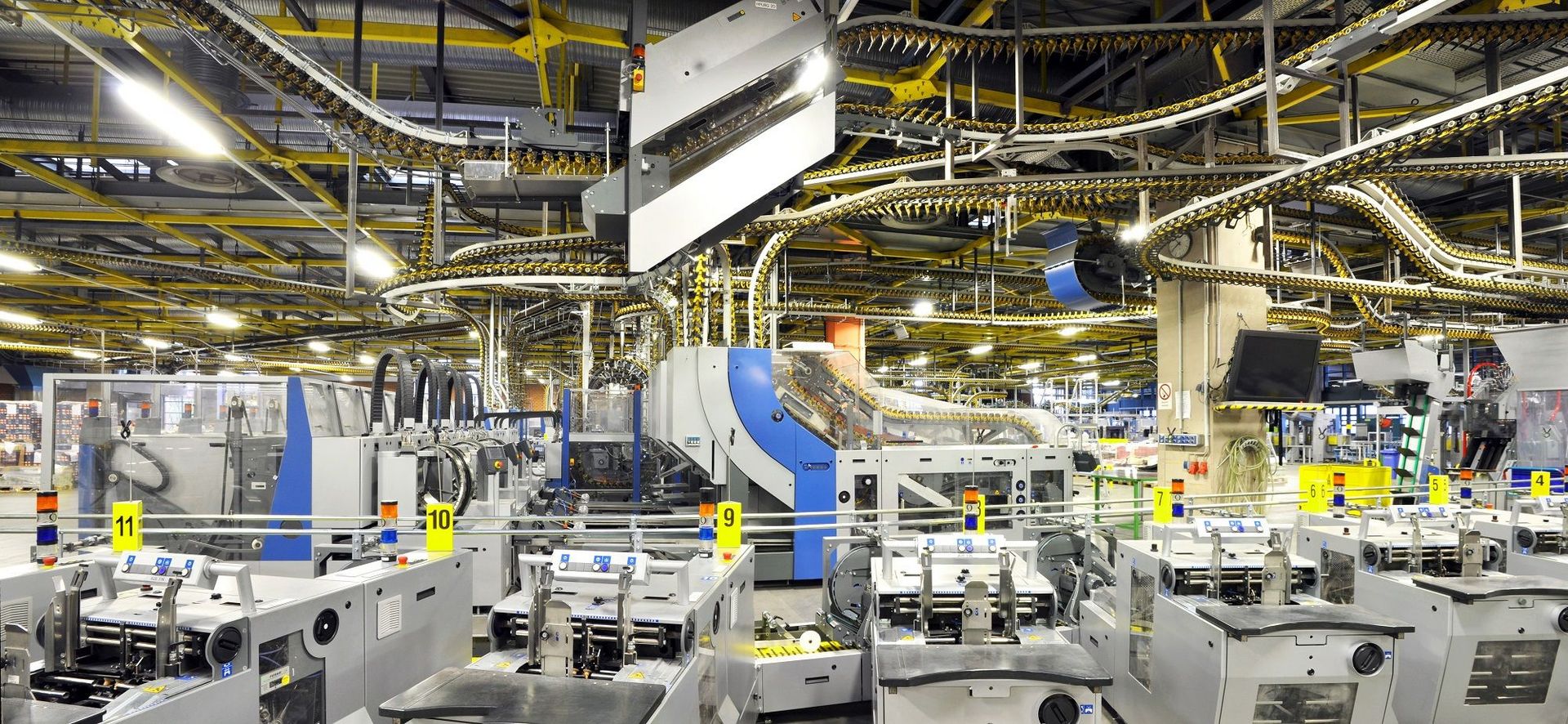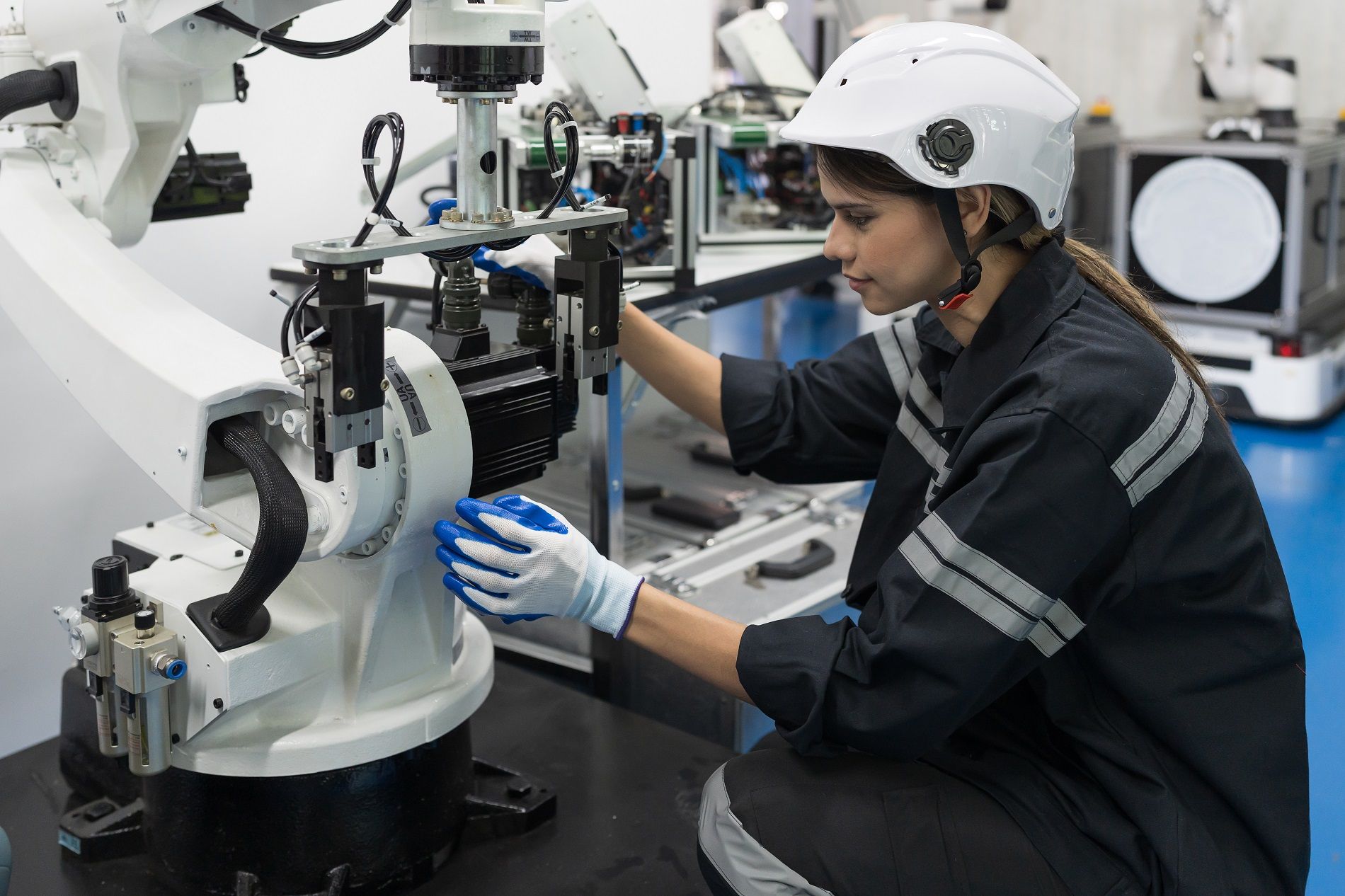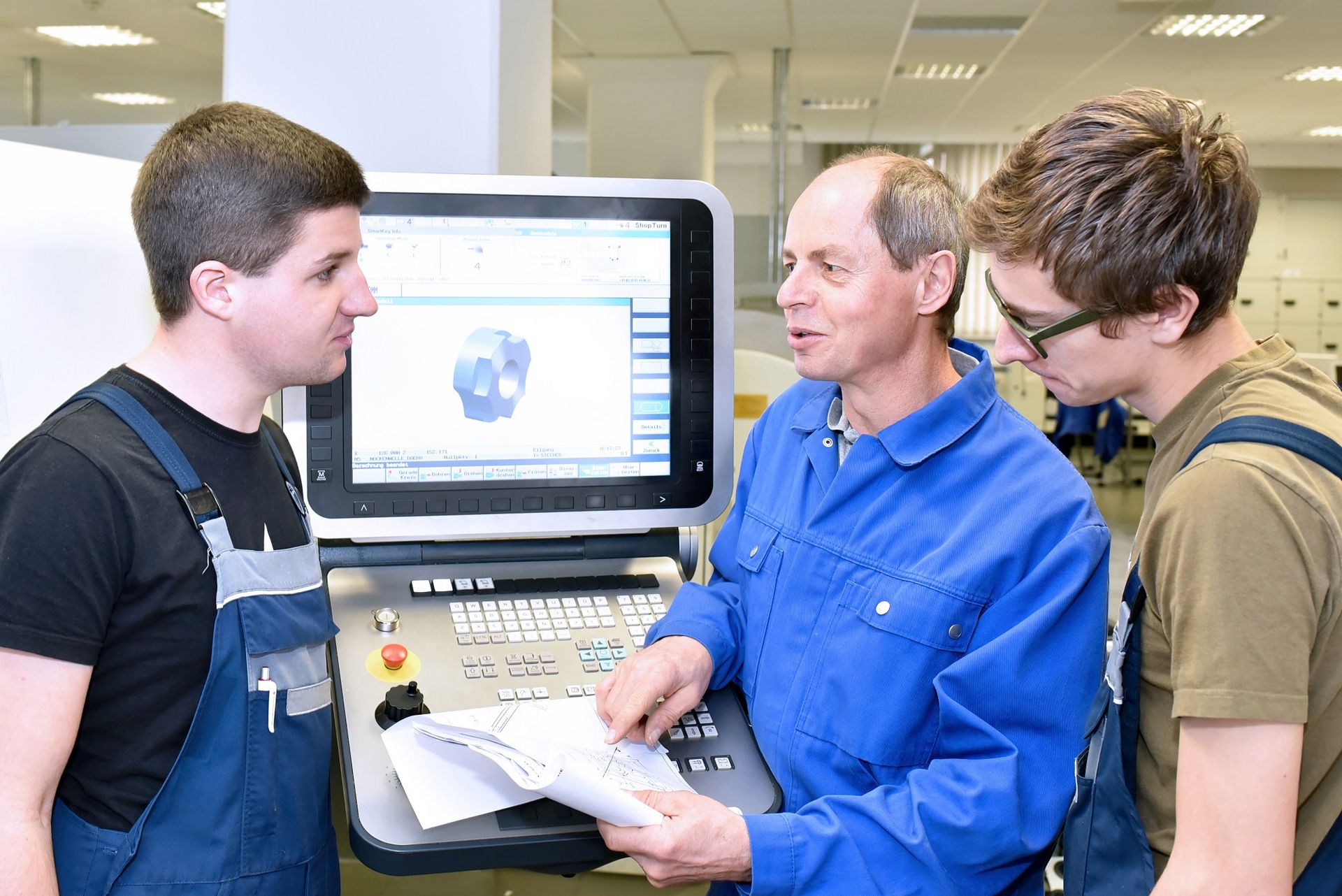
Content Information
Students on the programme acquire a sound understanding of how to design, develop and simulate mechatronic systems and create models. They learn to analyse, formulate, tackle and solve complex, mechatronics-related tasks, including those which are not fully defined, placing particular importance on the consideration of technical, scientific, environmental and economic aspects.
Application/Admission

University degree (Bachelor or Diplom) in an engineering or scientific subject
- with at least 180 ECTS credits,
- proven knowledge of mechanical and electrical engineering,
- final grade of 2.5 or above, and
- post-university specialist, relevant practical experience of at least one year as a rule. Up to 30 Credits can be granted in addition to the above-mentioned year of relevant practical experience if you have at least one further year of relevant professional experience.
The admissions procedure is managed by the TechnischeAkademieEsslingen, An der Akademie 5, 73760 Ostfildern.



